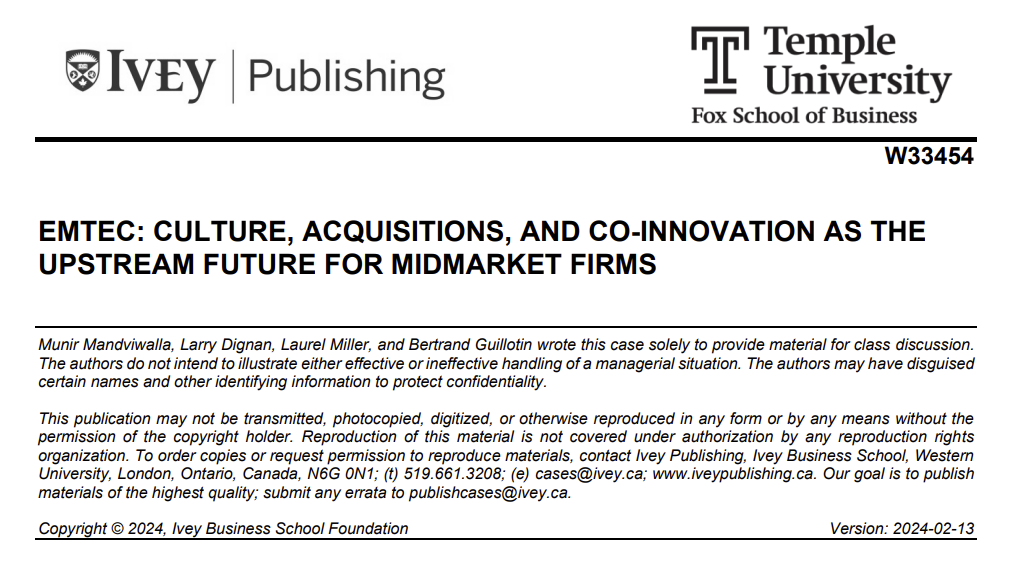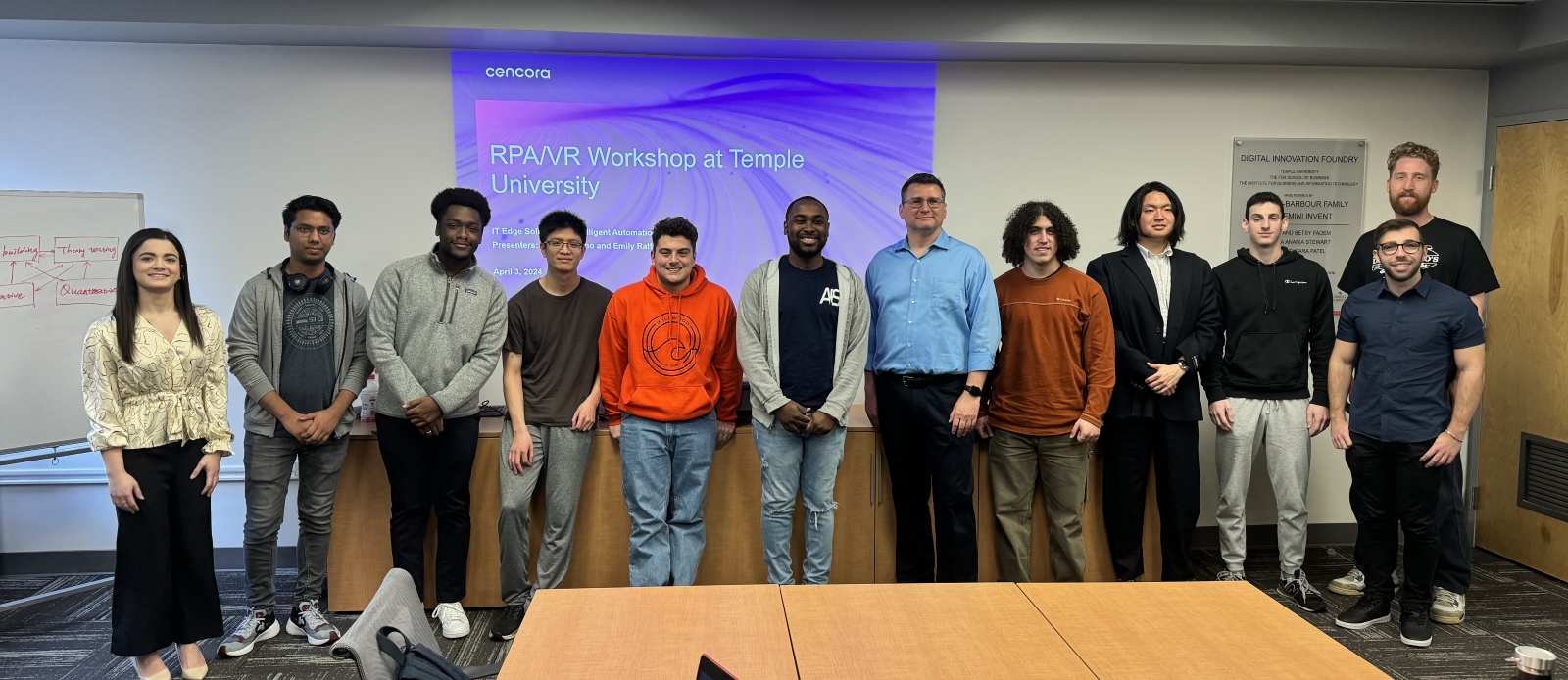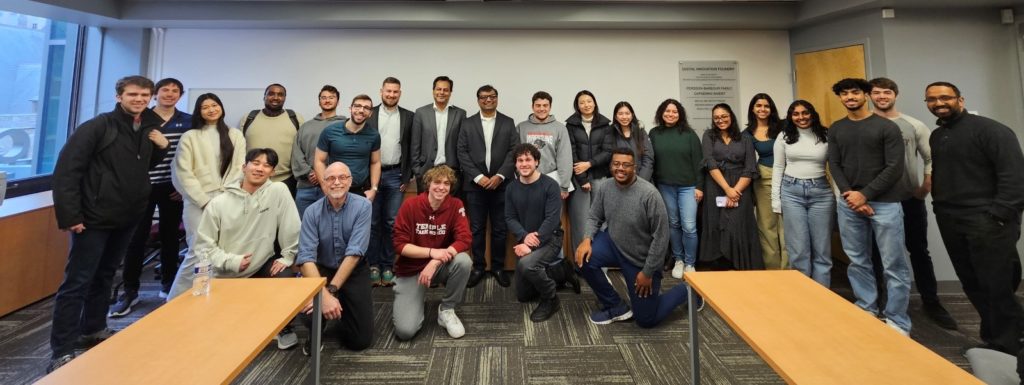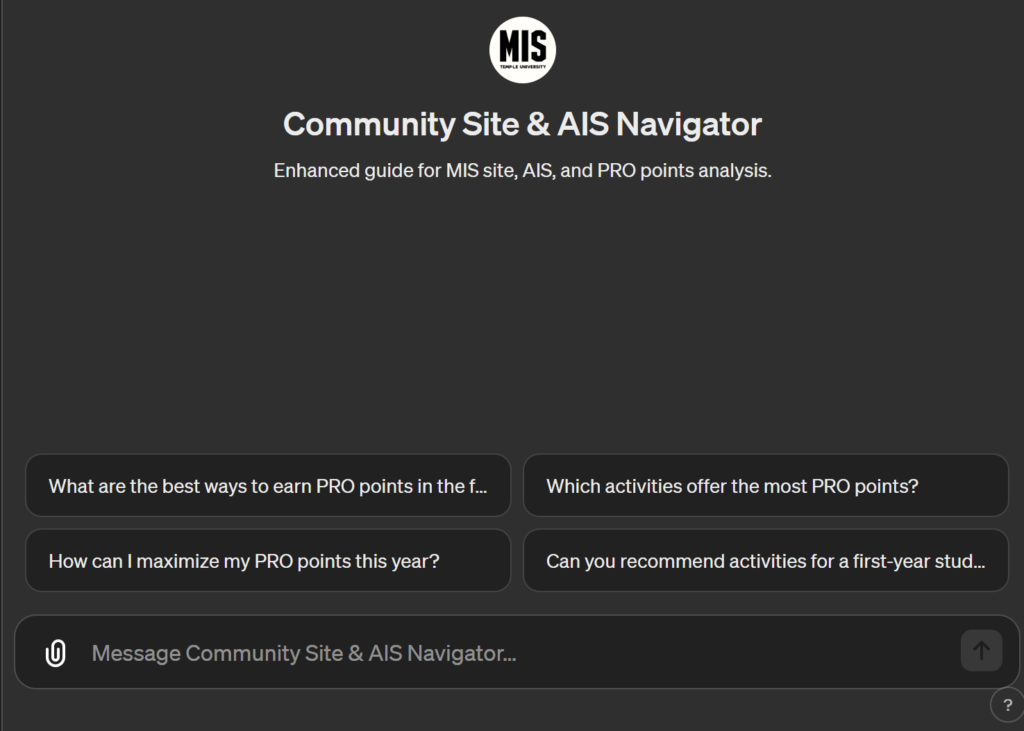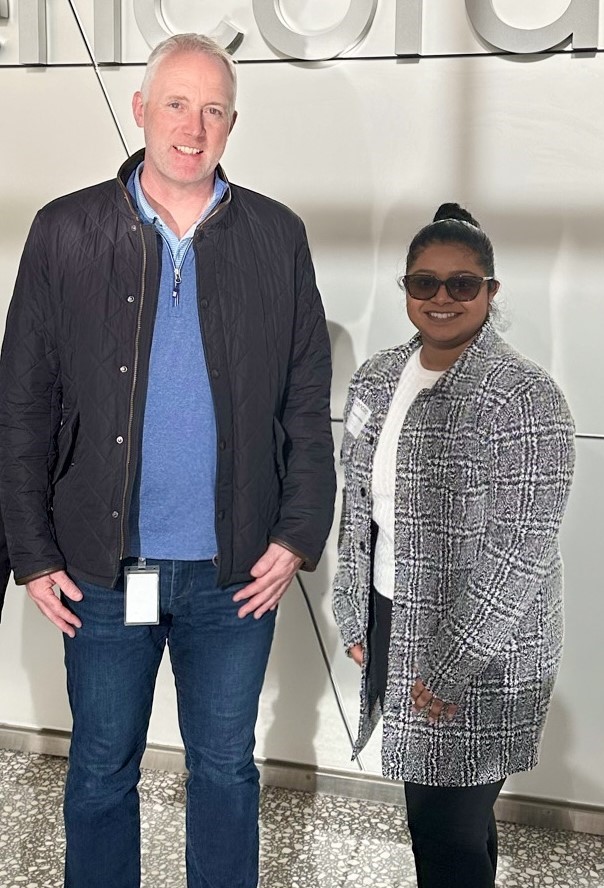Dinesh Desai and colleagues grew Emtec into a high performing mid-market IT services firm, by creating a unique culture, acquiring firms, and digital co-innovation.
In the newly published case titled Emtec: Culture, Acquisitions, and Co-innovation as the Upstream Future for Midmarket Firms, Munir Mandviwalla, Larry Dignan, Laurel Miller, and Bertrand Guillotin tell the story of a how a start-up grew through acquisitions and an entrepreneurial cooperative culture in the cut-throat trillion-dollar IT services market. The case also shows how co-innovation enables digital transformation.
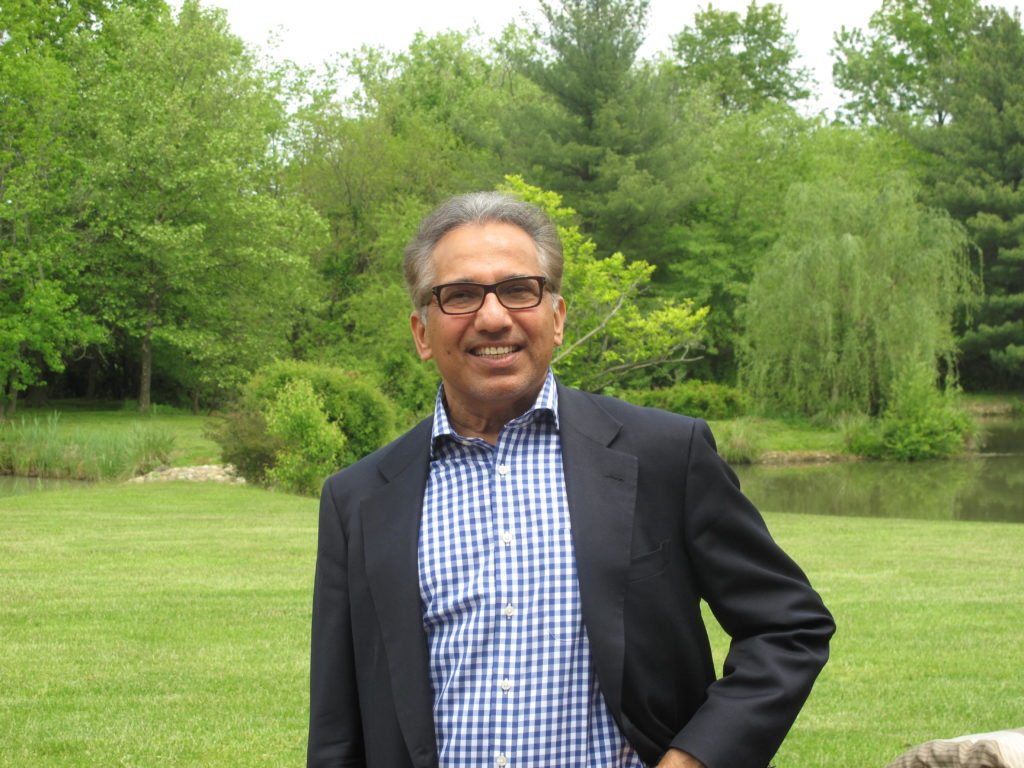
The case is dedicated to Dinesh Desai, Fox’78, founder, CEO, and Chairman of Emtec. He received the 2015 Fox IT Award for Distinguished Alumni and served on the IBIT board. Dinesh passed away on March 27, 2024.
Note: Colleagues of Dinesh interested in reading the case, please contact ibit@temple.edu

